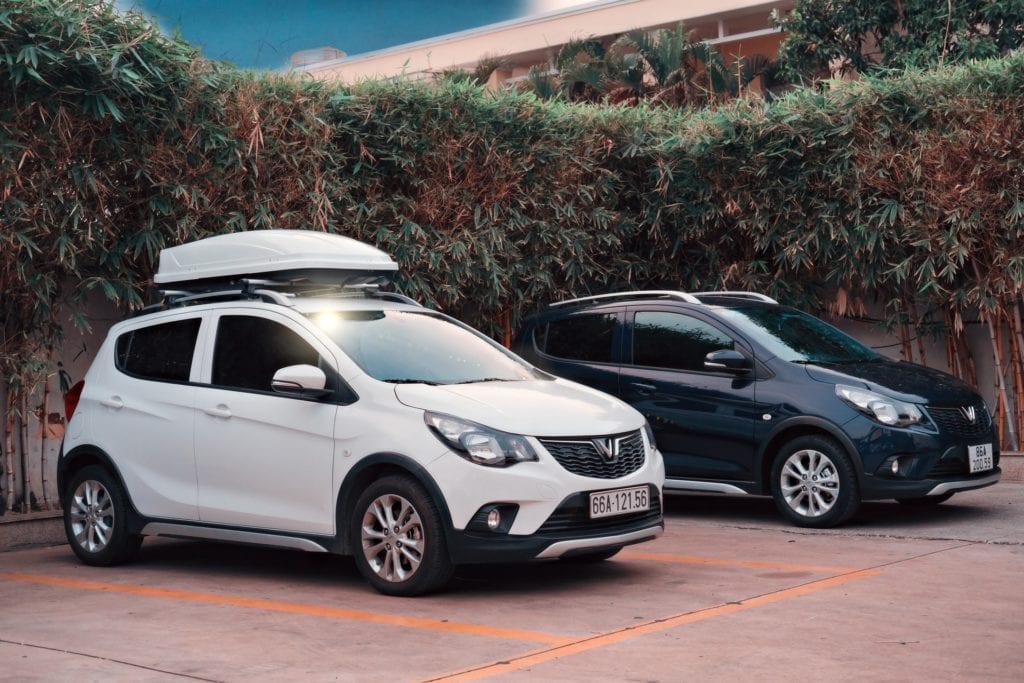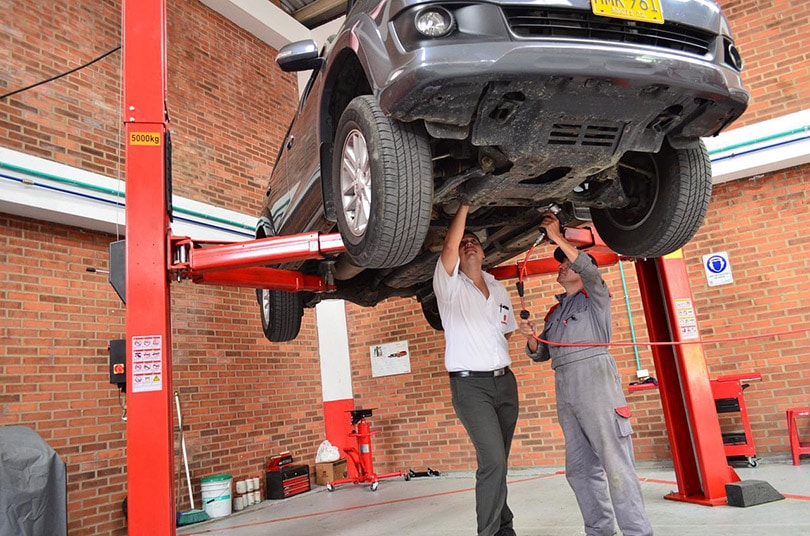How Much Does a Heated Driveway Cost? Updated in 2025
-
Pete Ortiz
- Last updated:

If you live in a cold and snowy environment, a heated driveway can be a great way to minimize the amount of shoveling that you need to do. It can also make it safer to walk, improve the life expectancy of the surface, and make it safer to enter and exit your garage with a vehicle. However, many people are unsure how to install a heated driveway and are afraid that it’s too expensive. At $12 to $28 per square foot, it costs between $3,000 and $8,000 for a single-car driveway. If you would like to get one for your home but aren’t sure how to get started, keep reading as we look at the different types available and find out what it costs to install and operate one.
 The Importance of a Heated Driveway
The Importance of a Heated Driveway
Heated driveways raise the surface temperature of the area leading to your garage. They can help reduce the amount of ice and snow that builds up, which can damage the surface, especially after repeatedly melting and refreezing. Less ice and snow mean the surface is safer to walk on, so there is less chance that you or someone else will suffer an injury. You will also need to do much less shoveling and snow blowing.

How Much Does a Heated Driveway Cost?
Size
Many contractors will determine the cost of a heated driveway by looking at the size of the surface that you need to heat. A surface meant for a single-car garage is usually about 288 square feet. A two-car garage usually has around $576 square feet of surface area, while a three-car garage will increase it to 864 square feet. At $12 to $28 per square foot, it costs between $3,000 and $8,000 for a single-car driveway, and $10,000 to $25,000 for a three-car driveway.
| Low | High | |
| One Car | $3,000 | $8,000 |
| Two Car | $6,500 | $16,000 |
| Three Car | $10,000 | $25,000 |
Material
Another factor that has a big impact on the final cost of your heated driveway is the surface material. Currently, asphalt is the cheapest and usually costs between $12 and $27 per square foot. Concrete is slightly more expensive and usually costs between $13 and $28 per square foot. In addition, pavers, which are thin brick or stone, are the most expensive and usually cost between $19 and $50 per square foot.
| Low | High | |
| Asphalt | 12 | 27 |
| Concrete | 13 | 28 |
| Pavers | 19 | 50 |
Type of Heated Driveway
Electric
Electrically heated driveways use electric heating cables beneath the surface to radiate heat and melt snow and ice. It’s less expensive than a hydronic system, and you can install it into an existing driveway. Another benefit to this system is that it heats up quickly. However, it requires dedicated electric circuits that may need expensive electrical panel upgrades to operate properly. Another problem with the system is that it won’t work if the power goes out, which can happen during bad weather like snow or hailstorms.
- Not that expensive to install
- Fast warm-up time
- Installs into an existing driveway
- It requires a dedicated electrical circuit
- You may need to upgrade to an expensive electrical panel to handle the increased power
- It doesn’t work if the power goes out
Hydronic
Hydronic systems use a boiler pump that circulates warm water mixed with antifreeze through tubes beneath the driveway, radiating heat and melting the snow. Once installed, these systems are less expensive to operate than an electric system, and you can often choose between many different types of fuel, depending on what suits your needs and budget. However, the downside of these systems is that you need to install them before the driveway. It also requires a dedicated boiler and the space to store it, making the upfront cost much higher than that of an electrical system.
- Not that expensive to operate
- Several options for fuel
- More expensive up front
- Requires new driveway
Additional Costs to Anticipate
Electrician

Whether you are installing an electric or hydronic system, you will need to hire an electrician to come and look over the installation to make sure everything’s working properly. If installing an electrical system, you will need them to do much more work, but the boiler for a hydronic system will often also use electricity and other components that require the attention of an electrician.
Upgrading an Electrical Panel
Installing an electric heated driveway will significantly strain your home’s electrical system. Many people will need to hire an electrician to install an electrical panel and upgrade the capabilities of their homes. A new electrical panel is not complex, but it can take time to install, which will increase your labor cost.
Drainage System
One thing to consider when installing a heated driveway is where the melted snow and ice will drain. Depending on where you live and your local laws, creating a drainage system can require expensive landscaping. We recommend discussing where the water will drain with your contractor before the project begins.
How Long Does It Take to Install a Heated Driveway?
The amount of time that it takes to install a heated driveway can vary dramatically, depending on its size and type. However, you can expect the project to be complete between 5 days and 3 weeks in most cases. Electrical systems will be faster, especially if the driveway is small.
Can You Heat an Existing Driveway?
Yes. If you plan to use an electrical heating system, you can install it into an existing driveway, which will help reduce costs. Contractors will install the system using a large saw to cut grooves into your existing driveway to fit the electrical coils that do the heating. Once they install the system and cover their work, the driveway will look as good as new.
 Conclusion
Conclusion
Most heated driveways will cost between $3,000 and 17,000, depending on the size of the driveway, surface material, and type of heater. Hydraulic systems cost less to operate but have a much higher upfront cost, and you can only install them in a new driveway. Electrical systems are more common because they’re cheaper to install, and you can even use them in an existing driveway. However, they are more expensive to operate and are less likely to be functional during bad weather.
Featured Image Credit: Thai Nguyen, Unsplash
Contents

 The Importance of a Heated Driveway
The Importance of a Heated Driveway